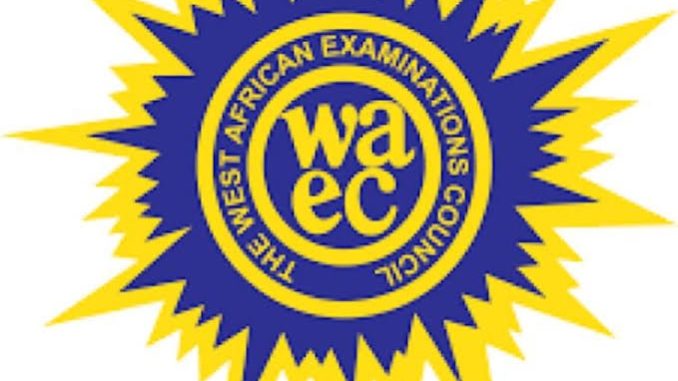
*WAEC GCE ECONOMICS*
===============================
*ECONOMICS OBJ:*
1-10: CCBABACBAA
11-20: ABCCCBBBBA
21-30: DCDCBCBCAD
31-40: DBBBCBABDA
41-50: ADDCBCACBD
===============================
(7a)
Unemployment of labour is a situation where individuals in the labour force who are willing and able to work at the existing wage rate cannot find jobs.
(7b)
(i) Cyclical unemployment: This is the unemployment caused by a deficiency in aggregate demand leading to a deflationary phase of the business cycle e.g when aggregate demand falls, firms need to cut down on labour.
(ii) Frictional unemployment: This form of unemployment exists as workers search for jobs of their choice having left their previous jobs or when school leavers enter the labour market from school e.g. a fresh graduate who has completed school and is looking for a job.
(iii) Structural unemployment: This form of unemployment occurs when there are changes in the pattern of demand or production resulting in labour lay-off. A change in technology can also result in structural unemployment. e.g. if an organization begins to use computer, a stenographer who can only type using the traditional typewriter will become unemployed.
(7c)
(i) Increase in investment: Government can encouraged the establishment of new firms by providing incentives such as granting of subsidies and tax holiday
(ii) Educational curriculum should be restructured to meet the needs of the industrial sector of the economy
(iii) Establishment of labour exchange or job centres to disseminate information on existing job and location
===============================
*WAEC GCE ECONOMICS*
(8a)
Foreign exchange refers to exchanging the currency of one country for another at prevailing exchange rates.
(8b)
[PICK THREE ONLY]
(i) To maintain the stability of oil prices: One of the main objectives of OPEC is to maintain the stability of oil prices in the world market.
(ii) To ensure a steady supply of oil: The organisation also ensures that there is a regular and steady supply of oil to the world market.
(iii) Encouragement of exploration and development of petroleum resources: OPEC equally ensures that member countries are encouraged in the exploration, exploitation and development of petroleum resources.
(iv) Stabilization of oil income: The organization was set up to ensure the stabilization of the oil income of its member nations.
(v) Co-ordination of petroleum policies: OPEC is set to ensure the co-ordination of petroleum policies of its member countries and to improve their bargaining power.
(8c)
[PICK THREE ONLY]
(i) To establish and stabilise exchange rates among member nations.
(ii) To make funds available to members to finance the balance of payments deficit.
(iii) To make recommendations to members concerning economic policies to be adopted.
(iv) To encourage the development of international trade.
(v) To promote co-operation among member countries in financial matters.
(vi) To facilitate the settlement of debts in foreign transactions.
===============================
*ECONOMICS*
(3a)
Production can be defined as any human activity that involves the creation of goods and the provision of services to satisfy human wants. It is a process that transforms factors of production or inputs (land, labour, capital, and entrepreneurship) into output of goods and services
(3b)
(i)Primary Production:
This is the type of production that involves the tapping and harnessing of natural resources. It is concerned with the process of obtaining raw materials or resources in their natural form from the air, land, and water e.g. agriculture, mining, fishing, quarrying, etc.
(ii)Secondary Production:
This type of production entails the processing of primary products or raw materials into finished or semi-finished products e.g. processed food, houses, roads, clothes, cars, furniture, paper milling, etc. It involves all stages that the good passes through after extraction to manufacturing
(iii)Tertiary Production:
This is a type of production that is concerned with the provision of commercial and professional services to the people. The people involved in this aspect of production include those who render services e.g. teachers, doctors, hairdressers, soldiers, policemen, lawyers, musicians, etc. It also includes those who render commercial services like wholesalers, retailers, transporters, etc.
(3c)
(i)Manufacturing can employ large numbers of low-to-medium skilled workers and its processes can be easily standardised and scaled, which complements economic clustering in cities.
(ii)The sector contributed from technological change and productivity growth, thus exhibiting positive learning and process development opportunities.
(iii)It is tradable, allowing developing countries to tap into global value chains as well as new markets for buying and selling goods.



Leave a Reply